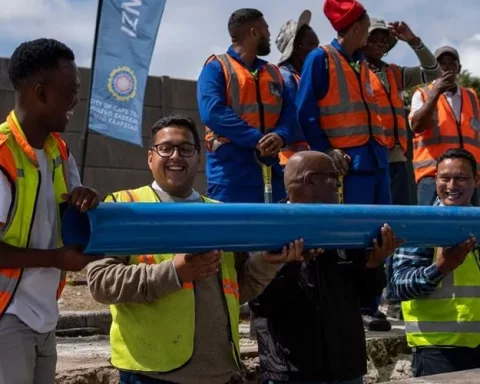South Africa is facing a serious water scarcity issue, as it is considered one of the driest countries in the world. To address the challenges associated with the country’s water sector, the National Ministerial Water Sector Sustainability Symposium is being organized. The symposium will bring together water experts, government officials, and other stakeholders to discuss key issues concerning the country’s water resources.
Water Resource Security
Water resource security is a critical issue for South Africa, which has been hit by droughts and other water-related challenges in recent years. The symposium aims to explore strategies to ensure effective management and protection of the country’s water resources.
Financial Sustainability
The water sector requires significant investment, and it is crucial to ensure that adequate financial resources are available to support its development. The symposium will explore ways to ensure that the sector is financially sustainable and that resources are utilized effectively.
Service Delivery Sustainability
Service delivery sustainability is another key topic that will be discussed, as the symposium aims to find ways to ensure that water services are delivered sustainably, meeting the needs of all stakeholders. This is particularly important given the disparities that exist in access to water resources in different parts of the country.
Pricing and Tariffs
The symposium will also discuss pricing and tariffs, exploring ways to ensure that water services are priced equitably while maintaining the financial sustainability of the water sector. The symposium will consider various pricing models and tariffs to achieve these goals.
Effective Regulation
Effective regulation is essential for ensuring that the water sector operates in a fair and transparent way, protecting stakeholders’ interests. The symposium will explore various regulatory frameworks and approaches to ensure that the sector is well-regulated.
The National Ministerial Water Sector Sustainability Symposium is an important initiative that seeks to address the challenges facing South Africa’s water sector. Through the collaboration of water experts, government officials, and other stakeholders, the symposium will explore ways to ensure that the sector is sustainable, efficient, and effective. Ultimately, the goal is to ensure that all South Africans have access to safe and reliable water resources.












